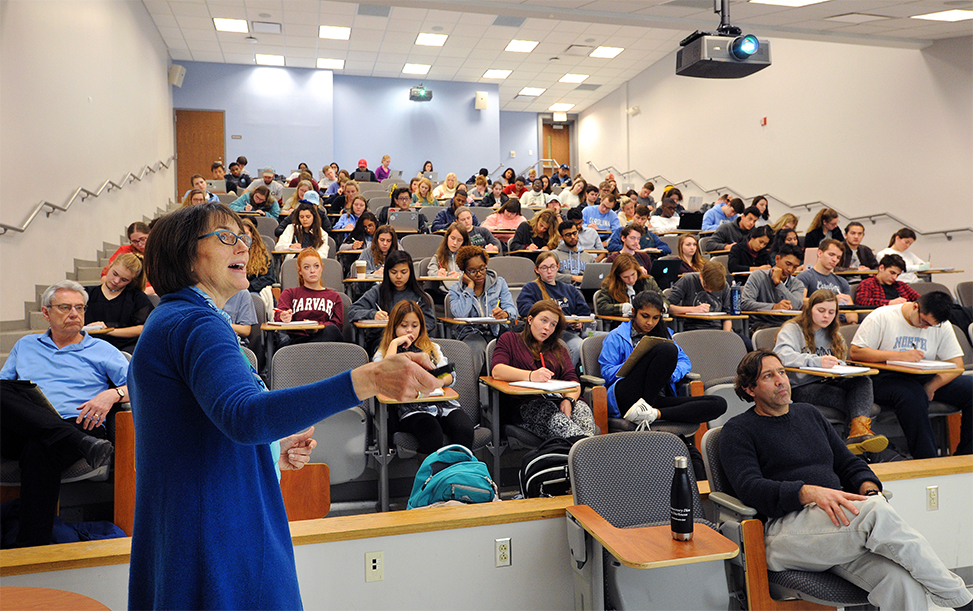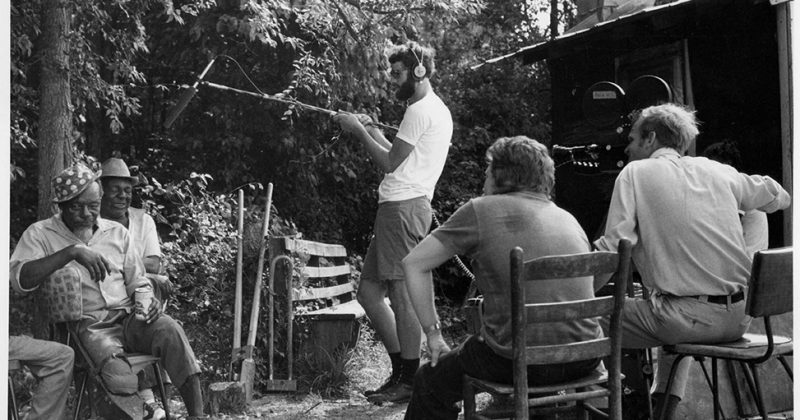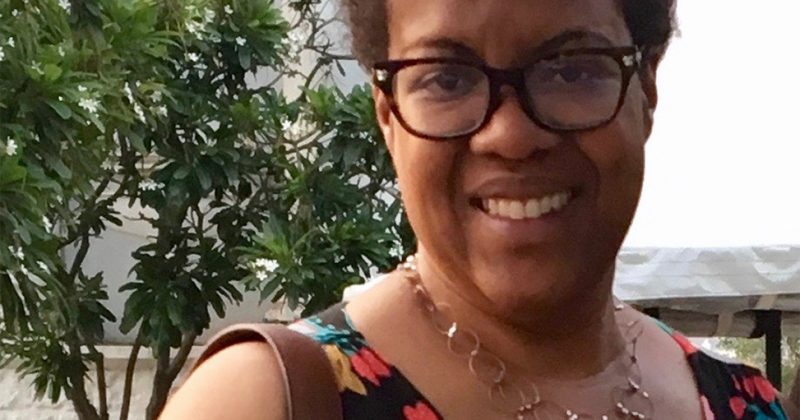
Psychology professor Barbara Fredrickson leads a class in “Health and Happiness,” an offering in a set of courses created for the new curriculum known as “Ideas, Information and Inquiry” — or Triple I for short. (photo by Donn Young)
Carolina builds a new general education curriculum from the ground up, with a new emphasis on the first year, essential skills and experiential learning.
Evolutionary, revolutionary, whatever you call it, Carolina’s new general education curriculum is a new way of thinking about what today’s — and the next generation’s — students will need from their college degrees.
The general education curriculum, overseen by the College of Arts & Sciences, refers to the core requirements that every student at any college or university needs to take regardless of major. The traditional approach has been to prescribe a certain number of courses in a range of academic fields, from English and history to science and math, ensuring that students are exposed to a breadth of subjects. That was the approach that UNC-Chapel Hill took when it approved the current general education curriculum, implemented in 2006.
Last spring, UNC faculty formally adopted IDEAs in Action, a curriculum to be implemented starting in fall 2021. IDEA stands for Identify, Discover, Evaluate and Act, which is precisely what the new curriculum will ask students to do — think critically, collaborate with others, make reasoned judgments and approach problems with creativity.
Gone are the prescribed X number of courses in X subjects. Instead, there’s a new emphasis on essential skills known as Focus Capacities [see below]. The capacities aren’t limited to a single department. For example, “Engagement with the Human Past” could be fulfilled by taking a history, astronomy or religious studies course, as long as it teaches students to work with evidence and ideas specific to the human past.
The new curriculum was three years in the making, with substantive input from faculty, students, alumni, staff and others.
“IDEAs in Action will provide students the tools they need to use evidence and judgment in the workplace and to become fully engaged citizens and leaders,” said Andrew Perrin, a professor of sociology who chaired the Curriculum Coordinating Committee. (In July, Perrin became director of the Institute for the Arts and Humanities.)
It also incorporates new pedagogy — instructional techniques that are based on a better understanding of how young adults learn.
An emphasis on First Year Foundations is an essential new component. Research has shown that the first year is critical for student success in college, and all students, no matter how well prepared they are for the rigor of Carolina, can benefit from tools and techniques that help them discover how they learn best and expose them to the wide variety of opportunities available to them at UNC. Out of this grew three new required courses for first-year students:
- First Year Thriving, which will introduce students to the research, resources and practical skills they need to thrive at a major research university.
- Ideas, Information and Inquiry, nicknamed “Triple I,” are courses team-taught by faculty members across three disciplines. The courses address broad themes such as “Death and Dying” and “The Idea of Race” and teach the power of interdisciplinary thinking. They also expose students to a range of academic disciplines and foundational skills early in their Carolina career. [Read more about Triple I at the College’s website.]
- First Year Seminar/First Year Launch. First Year Seminars have been a popular option at UNC for years, but they (or a launch course) will now be required. These courses explore diverse topics and hands-on, mentored research opportunities. First Year Launch courses are new; these courses introduce students to a discipline or field of study that directly relates to a major offered at UNC. They also have capped enrollment to keep class sizes small.
These courses were piloted this past year and received positive feedback. Student evaluations on the Thriving course included comments such as “every major problem a college student will have, they will show you how to deal with” and “TAKE IT OMG.” One student who took a Triple I class wrote, “This course is awesome. I think the concept of having three professors teach a topic together and incorporate their different fields and ways of approaching the same ideas shows a way of thinking that can be taken and applied to all aspects of life and learning.”
IDEAs in Action carries over a few core requirements from the last curriculum, including English 105: “Writing at the Research University,” a foreign language (or demonstrated proficiency) and Lifetime Fitness.
A key goal of the curriculum planners was to provide more freedom for students, said Perrin. With fewer hours devoted to gen ed curriculum requirements, undergraduates can explore other academic interests or take more courses in their majors and minors.
The third pillar of IDEAs in Action (the first two being First Year Foundations and Focus Capacities) is a series of courses and experiences called Reflection and Integration.

In a Research and Discovery course, students will take on a research project that incorporates reflection and revision to produce original scholarship or creative work. High-Impact Experiences offer the opportunity to study abroad, do an internship or perform community service, among other options. Communication Beyond Carolina, typically taken in the junior or senior year, teaches students advanced communication practices — learning to persuasively convey knowledge, ideas and information to distinct audiences. To help integrate students into the vibrant extracurricular offerings that Carolina provides, students will participate in Campus Life Experiences, such as lectures, workshops and performances.
“In designing this curriculum, we were asking ourselves: What will students remember from their Carolina education 20 years from now?” said Kelly Hogan, associate dean of instructional innovation, a member of the Curriculum Coordinating Committee and a teaching professor in biology. “Students may not remember a specific fact or quote or formula 20 years out, but if they have learned to think analytically, collaborate effectively and express themselves persuasively, these capacities will be useful in solving the problems they encounter along their future life paths.”
***
Focus Capacities
Aesthetic and Interpretive Analysis
Creative Expression, Practice and Production
Engagement with the Human Past
Ethical and Civic Values
Global Understanding and Engagement
Natural Scientific Investigation
Power, Difference and Inequality
Quantitative Reasoning
Ways of Knowing
*One Focus Capacity course must include an Empirical Investigation lab.
By Geneva Collins
Published in the Fall 2019 issue | Features
Read More

Fill your bookshelf: New books by College faculty and alumni (fall 2019)
Read a story about Carolina alumnus and Habitat for Humanity…

Oral History Fieldwork: #Throwback Photo
Students conduct interviews as part of the folklore curriculum in…


